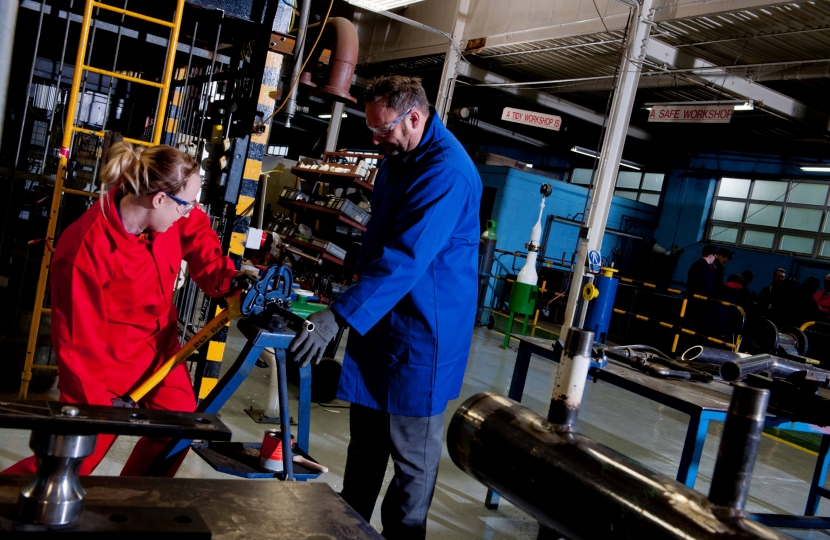
Powers to directly control post-19 education in the Tees Valley have now been devolved from central Government to the region.
The Tees Valley Combined Authority (Adult Education Functions) Order 2018, the statutory instrument that transfers control of the adult education budget, has come in to force after being approved by Parliament and signed by Education Secretary Damian Hinds MP.
From August 1 next year, the Mayor and Combined Authority will be responsible for an indicative annual £30.5million budget for the 2019/2020 academic year. The powers will encompass adult education delivery contracts, funding, and management for learners in the Tees Valley. At present, funding is allocated to the region’s colleges by the Whitehall-sponsored Education and Skills Funding Agency (ESFA).
The funding will help to support a more responsive, flexible skills system. It will target the training paths needed to better connect with business demand, driving business growth and helping our residents fill the roles of today and tomorrow.
It will help us create a more responsive, dynamic education offer to learners and businesses and work more closely with our strategic, economically significant training providers across the public, private and community sectors.
Tees Valley Mayor Ben Houchen said: “From next year, we will use this £30million fund to completely transform post-19 education to ensure learners can gain the skills that local businesses desperately need.
“No more funding courses just to keep the cash flowing. The new system we are designing will ensure priority is given to those subjects that our employers need.
”For decades, some companies took the easy way out and brought in cheap labour to fill demand. But with this new fund, we will start investing in home-grown talent by re-training local people to fill our skills gap. This landmark deal has only come about because our area agreed to a directly-elected Mayor, showing once again that devolution is working for local people.
“My priority is, and always will be, to support the creation of more jobs, ensure these jobs are better paid, and that local workers are put at the front of the queue. With these news powers handed to us from Parliament, that job just got a whole lot easier.”



